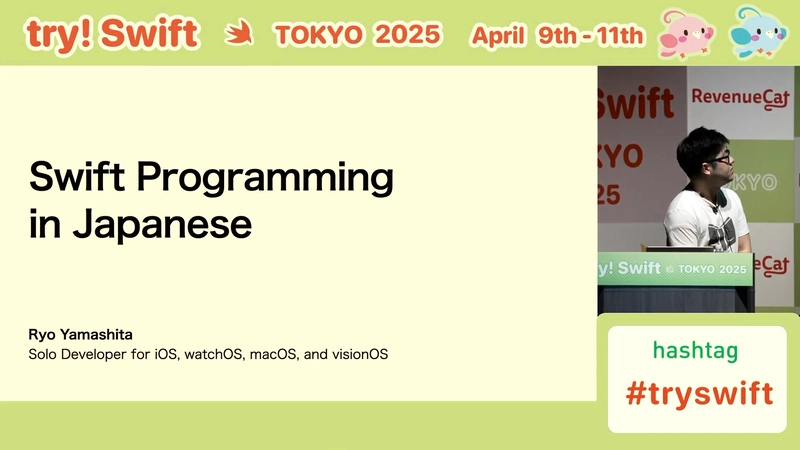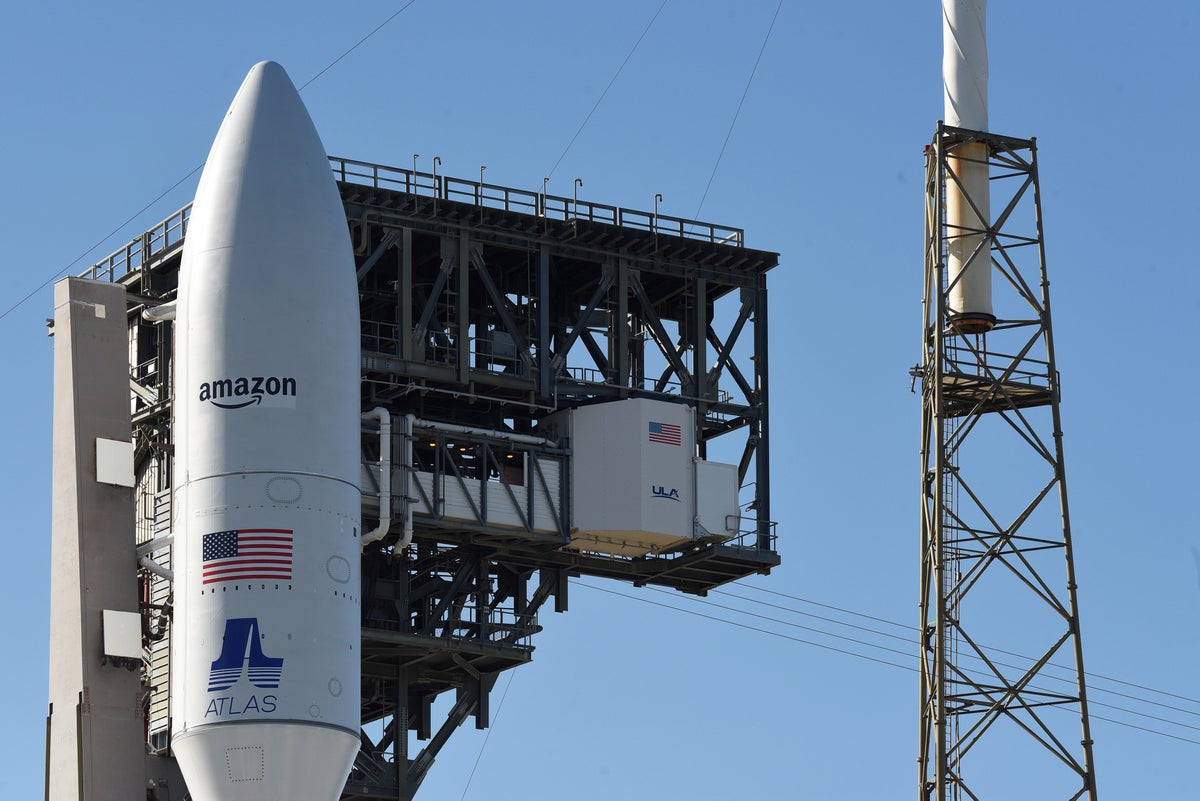Big Tech’s Bear Market: 3 Things to Watch After $2.7 Trillion in Value Is Erased
Tech giants like Apple and Meta are set to report their first quarter earnings amid slumping stock prices and business uncertainty brought about by President Trump's tariffs The post Big Tech’s Bear Market: 3 Things to Watch After $2.7 Trillion in Value Is Erased appeared first on TheWrap.

If you thought, after seeing Silicon Valley bosses like Apple’s Tim Cook, Meta’s Mark Zuckerberg and, of course, Tesla’s Elon Musk smiling behind President Donald Trump at his January inauguration, that this would be the “Year of Big Tech,” no one would have blamed you. But it has not worked out that way, at least so far.
Instead, 2025 has been brutal for Big Tech. Just ask investors, with the “Magnificent 7” companies as they are called — Meta, Microsoft, Alphabet, Apple, Amazon, Tesla and Nvidia — seeing $2.71 trillion erased from their collective valuations since the start of the year. All seven tech giants, which are among the 10 most valuable companies in the world, have seen their share prices decline since Jan. 1.
So far none of those tech moguls who turned out for Trump have publicly expressed any supporter’s remorse, even as their own personal wealth has taken a hit — along with their companies’ fortunes.

What is behind the ugly start to 2025? A few factors. But the chief issue right now is the uncertainty around Trump’s “Liberation Day” tariff plan moving forward. The president and his team of economic advisors have sent mixed signals on the new, stiffer tariffs — which include a 145% tariff on most Chinese imports — and Trump has recently indicated he would like to strike new trade deals with countries like Japan, India and China. That unpredictability has made it difficult for companies like Apple — which manufactures most of its products in China but got a temporary carve-out from Trump — and shareholders to know what to expect, at least in the short-term.
Wall Street is facing other challenges as well. The tariffs have exacerbated fears of a recession — or worse. “I’m worried about something worse than a recession if this isn’t handled well,” Bridgewater founder Ray Dalio said earlier this month about the tariffs. Those fears have dampened investor sentiment, with all three major indexes dropping since the president’s tariff plan was announced on April 2.
Heavy investment in artificial intelligence for companies like Meta, the parent company of Facebook and Instagram, and Microsoft also has other investors spooked about short-term returns. And the regulatory environment has not been warm to Big Tech under Trump 2.0. Meta CEO Mark Zuckerberg “courted” the president in an attempt to get him to settle an antitrust lawsuit brought about by the FTC. That did not happen, and Meta is currently on trial. Google, meanwhile, was found to have an illegal monopoly on online advertising earlier this month — adding to the remedies trial it is already dealing with, after it was found to have an illegal monopoly on online search last year.
And yet, many Wall Street analysts seem remarkably sanguine about the state of Big Tech. Barclays strategist Venu Krishna, in a note to clients last week, said the tech sector’s underperformance is “outsized already.”
The recent downturn has “overshot that of a typical bear market,” Krishna wrote. “Tech also tends to be a winner during the recovery phase, showing the best relative returns among all sectors over the 12 months following market troughs.”
As several Big Tech companies are preparing to report earnings this week, there are already signs of life: Alphabet last Thursday posted a 46% surge in first quarter profits, hitting $34.5 billion in sales thanks to healthy increases for its subscriptions and advertising businesses.
With Meta, Apple, Amazon and Spotify set to report this week, here are three things to keep an eye on:
1. Tariffs
How could this not be the first thing mentioned? It will be worth listening to what the top execs have to say on their calls about the tariffs and how they will navigate them moving forward.
Musk, for example, was candid about the tariffs last week on Tesla’s earnings call. After saying his time with the Department of Government Efficiency (DOGE) will “drop significantly” starting in May, Musk matter-of-factly added he is generally not in favor of tariffs, but that the president obviously feels otherwise.
The CEO to watch in particular here is Cook. Apple is the tech company that is most exposed to the tariffs, with upwards of 80% of its devices being made in China, despite Trump’s temporary reprieve on imports of iPhones and laptops but with lingering uncertainties about chips being subject to the exemption. Investors will want to hear Cook outline Apple’s game plan for navigating the tariffs; recent reports already indicate the world’s most valuable company is shifting more iPhone production from China to Brazil and more so to India.
What Zuckerberg has to say on this front will be worthwhile, too.
The U.S. ad market was already projected to grow at a slower pace this year, and that was before the tariffs may have altered how much some companies are willing to spend on marketing. That would ding Meta, considering nearly 98% of its $164.5 billion in 2024 revenue stemmed from ads. Meta may end up sharing lower-than-expected guidance for the rest of the year, if it has already noticed an ad market downturn in April.
Then again, a decline for the ad market may ultimately be a bigger issue for Meta’s smaller competitors, like Snap Inc. Guggenheim analyst Michael Morris said in a recent note to clients that “despite macro uncertainty, we believe Meta remains the top destination for incremental ad dollars.” Morris pointed to recent data that shows Instagram and Facebook users are spending more time on those platforms than they did a year ago as one reason why he is not worried about the company.

2. Artificial intelligence
This was the hot topic last year, with the Mag 7 companies mentioning “AI” 292 times combined during their first quarter earnings calls and reports last year. “Tariff” may give “AI” a run for its money this year, but the latter is still going to be a key focus for analysts and investors this week.
Will there be any revisions to the hefty AI expenditures the companies have outlined for 2025? Meta, Amazon, Alphabet and Microsoft said earlier this year that they are collectively spending $320 billion on their AI projects in 2025 — up 30% from last year. How those AI bets affect headcount — whether they are bringing on more employees or cutting from departments that are now less of a priority — will be of keen interest to Wall Street. And Amazon is especially interesting here — look to see if the company, led by CEO Andy Jassy, doubles down on its AI bet to continue streamlining its supply chain.
Regulatory issues
Meta and Alphabet are currently fighting antitrust lawsuits brought against them by the federal government — but Alphabet chief Sundar Pichai did not mention a word about it during his company’s first quarter earnings call on Thursday.
Will Zuckerberg follow suit this week? His handlers may advise him to, considering he has already taken the stand this month during the FTC’s trial; the FTC claims Meta built a social media monopoly via its acquisition of Instagram in 2012 and WhatsApp in 2014.

Zuckerberg could tangentially address the lawsuit, though, by driving home a point Meta’s comms team has been making recently: that it faces tough competition for users from apps like TikTok and YouTube — two apps that Americans spend more time on each day than Facebook and Instagram. Talking about Meta’s plans for getting users to spend more time on its platforms — and off of other apps — may be a subtle way for Zuckerberg to publicly fight the FTC’s case.
The post Big Tech’s Bear Market: 3 Things to Watch After $2.7 Trillion in Value Is Erased appeared first on TheWrap.











![How to contribute to the Flutter engine [Windows]](https://media2.dev.to/dynamic/image/width=800%2Cheight=%2Cfit=scale-down%2Cgravity=auto%2Cformat=auto/https%3A%2F%2Fdev-to-uploads.s3.amazonaws.com%2Fuploads%2Farticles%2F6l3gn3x9ffod81mk92vm.png)






























































